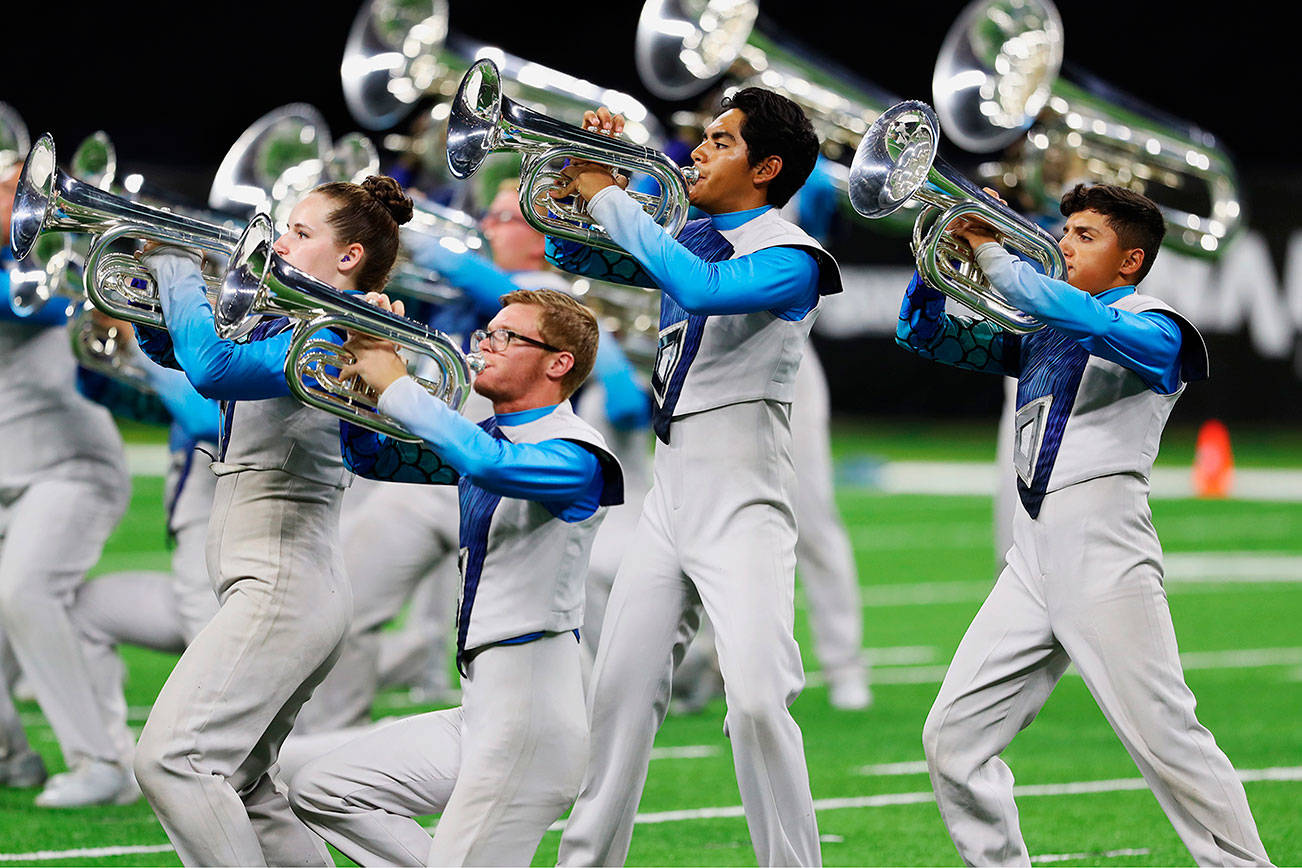Every year, high school musicians with strong skills in brass and percussion instruments have a chance to take part in something big—Drum Corps International, or DCI. This elite performance group brings together top student musicians from all over the country to compete, travel, and grow in ways most high school bands can't match.
Thousands of students audition each year for a spot in one of these world-class ensembles. Auditions usually happen between December and February, and they're tough—but worth it. If you make it in, your spring is filled with weekend rehearsal camps, and your summer becomes a full-time commitment: ten weeks of travel, daily practice, and unforgettable performances. The season ends with DCI Championships in Indianapolis in August, where the best of the best perform in front of massive crowds.
Why DCI Really Matters for College Admissions
If you're thinking about majoring in music—or just applying to a college music program—DCI can help you stand out in a big way.
College music departments know what it takes to succeed in DCI. The commitment, the preparation, the audition process—these all mirror what you'll face in college music auditions and classes. So when college review committees see "Drum Corps International" on your application, it sends a clear message: This student knows how to work, how to perform, and how to lead.
Take Note
DCI participation demonstrates to college admissions committees that you can handle intense pressure, work collaboratively at the highest level, and maintain excellence over an extended period—qualities that directly translate to success in collegiate music programs.
What You Learn in DCI
Being part of a drum corps isn't just about playing music—it's about leveling up in every way. Students who participate in DCI gain:
- Discipline and time management
- Teamwork and leadership skills
- The ability to take feedback from many instructors
- Mental and physical stamina
- Comfort performing under pressure
- A deep passion for musical excellence
These are the same traits that help students succeed in college—and beyond.
Auditioning at a National Level
When you audition for a DCI corps, you're competing against some of the best student musicians in the country—including college students. Even just preparing for the audition helps you grow. And if you make it in, the experience shows colleges that you're serious about your craft.
If you want to be a music educator someday, DCI is especially valuable. It gives you firsthand experience in managing rehearsals, working with different teaching styles, and pushing through a season of high expectations—just like real band directors do.
What College Committees Notice
College music faculty who review applications love seeing DCI experience because it tells them:
- You've played with a nationally recognized ensemble.
- You've balanced performance with endurance and responsibility.
- You've succeeded in a selective audition process.
- You're committed to your personal growth as a musician and leader.
DCI Success Factors
- National Recognition: DCI participation signals to colleges that you've competed and succeeded at the highest level of student performance.
- Leadership Development: The intensive team environment builds leadership skills that college programs value in potential music educators and performers.
- Audition Preparation: DCI audition experience gives you a significant advantage when auditioning for competitive college music programs.
Final Takeaway
If you're serious about music—whether you want to teach, perform, or major in it—Drum Corps International is more than just a summer activity. It's a launchpad. It can give you the confidence, skill, and recognition to shine in your college auditions and thrive once you get there.
So if you're up for the challenge, think about preparing for a DCI audition. It could be the move that sets you apart—and opens doors you didn't even know were there.


.png) ARTICLE GLOSSARY
ARTICLE GLOSSARY

.png)
.png)


.jpg)
.jpg)

.jpg)

.png)




.jpg)
.png)










.jpg)



.jpg)
.jpg)
.jpg)
.jpg)
.jpg)

.png)
.png)

